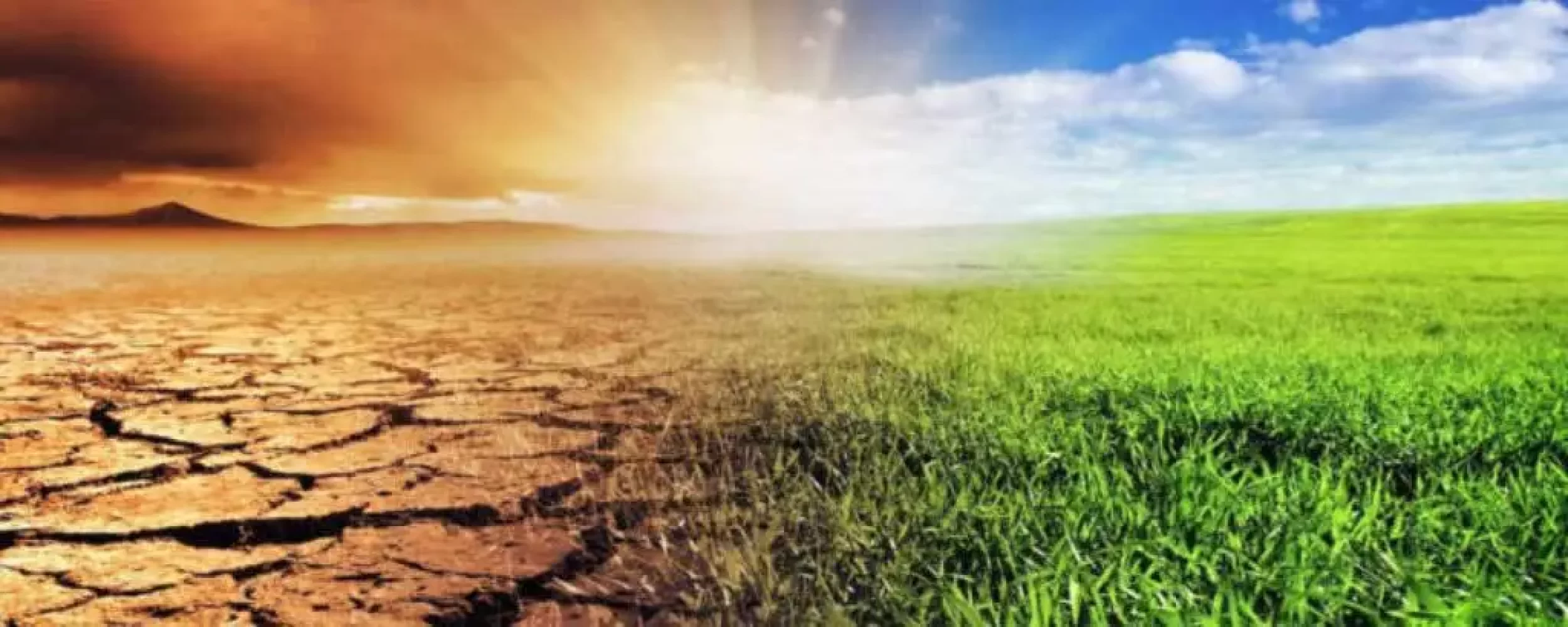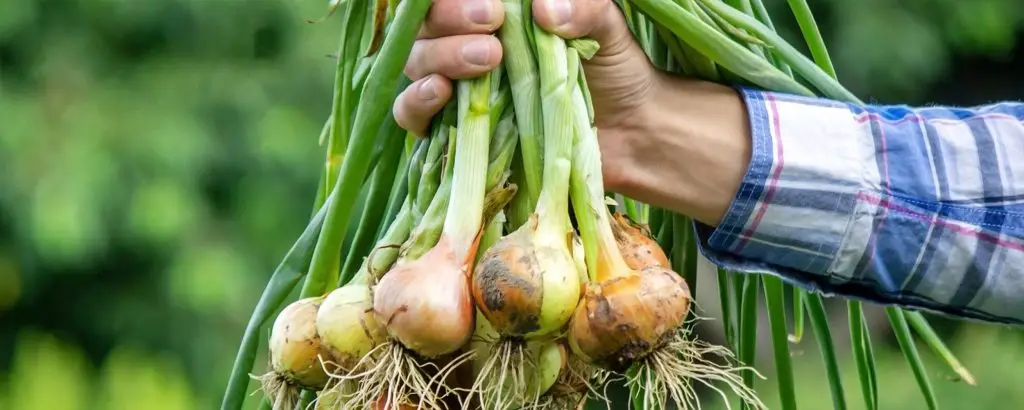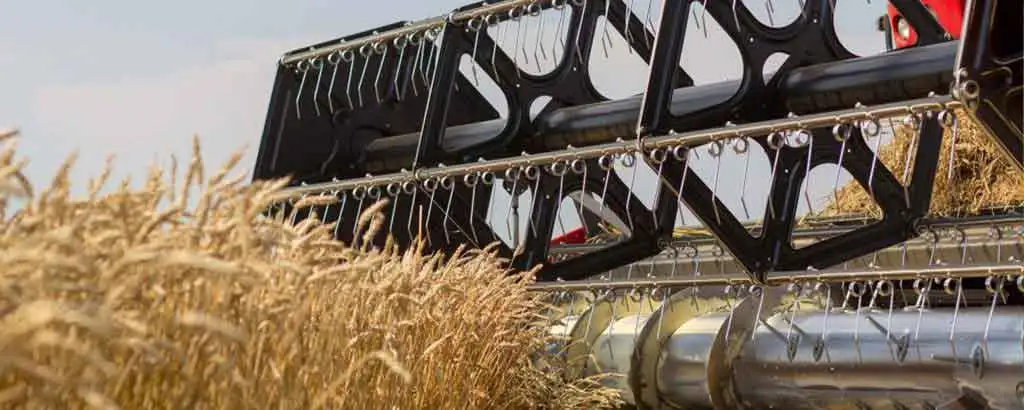Introduction:
Climate change, a paramount contemporary issue, significantly affects global agriculture and food security, posing urgent challenges worldwide. The changing climate is affecting weather patterns, causing extreme weather events, and change growing seasons. As a result, farmers are facing new challenges that threaten their living and the global food supply. This blog post delves into climate change’s impact on agriculture and food security, along with alleviate strategies.
The Impact of Climate Change on Agriculture:
Climate change is causing a range of problems for farmers around the world. Rising temperatures are leading to more frequent heatwaves, droughts, and wildfires. These events can cause crop failures, reduce crop yields, and destroy livestock. Changes in precipitation patterns are also affecting agriculture, with some regions experiencing more frequent floods, while others are facing prolonged droughts.
In addition to extreme weather events, climate change is also leading to the spread of new pests and diseases that threaten crops and livestock. The warming climate is allowing pests to survive in areas where they previously could not, while changing weather patterns are creating conditions that are favorable to the spread of new diseases.
The Impact of Climate Change on Food Security:
Climate change is also having a significant impact on global food security. The changing climate is reducing crop yields, leading to food shortages and rising prices. The UN Food and Agriculture Organization estimates that global food production needs to increase by 70% by 2050 to feed the growing population. However, climate change is making it harder to achieve this goal.
The changing climate is also leading to increased competition for resources such as water and land, which can exacerbate food insecurity. In some regions, water scarcity is already a significant problem, and the changing climate is likely to make this worse.
Mitigating the Effects of Climate Change on Agriculture and Food Security:
While the impact of climate change on agriculture and food security is significant, there are steps that can be taken to mitigate its effects. One approach is to promote sustainable farming practices that reduce greenhouse gas emissions, improve soil health, and conserve water. This includes practices such as conservation agriculture, agroforestry, and integrated pest management.
Another approach is to invest in climate-resilient crops and livestock that can withstand the changing climate. This includes developing new crop varieties that are more heat and drought tolerant, as well as breeding livestock that are more resistant to disease.
Finally, it is essential to invest in climate adaptation measures to help farmers cope with the changing climate. This includes building water storage infrastructure, improving irrigation systems, and providing access to weather information and insurance.
Conclusion:
Climate change significantly affects global agriculture and food security, with the situation expected to worsen in the foreseeable future. By promoting sustainable farming and investing in resilient crops we can mitigate climate change’s impact on food security. It is up to all of us to take action to address this critical challenge.







